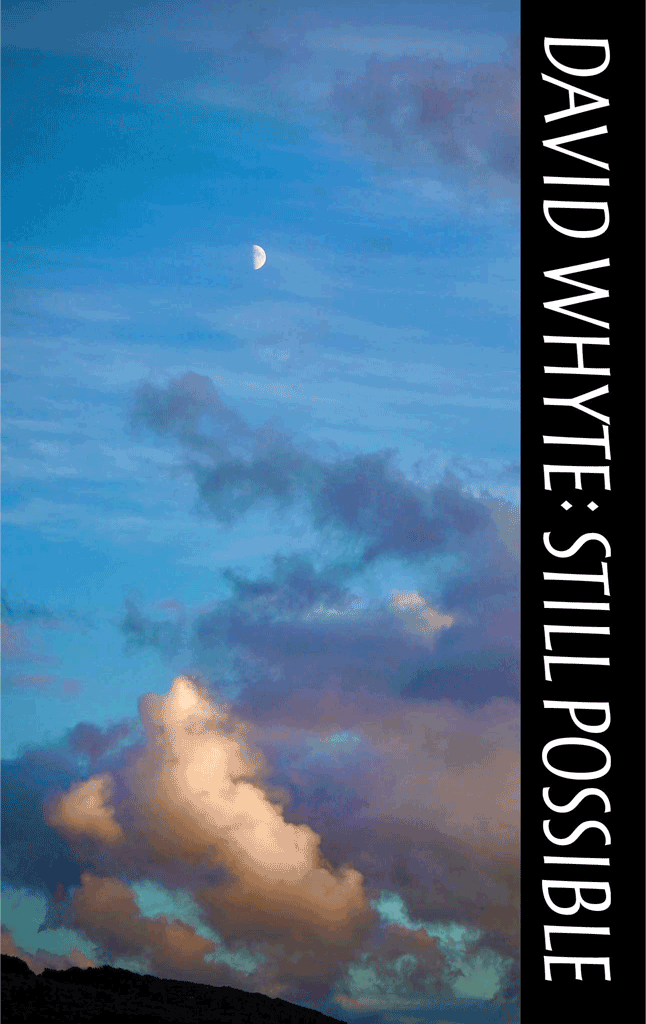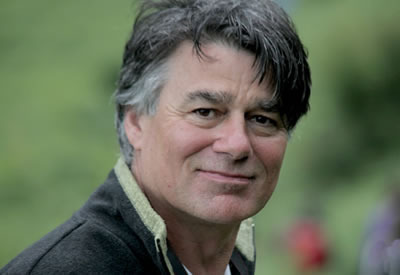
The poems in Still Possible pay homage to the invisible passage of time - the deep, private current that wends through our lives as a steadfast companion, sculpting our interior worlds as inexorably and exquisitely as its visible manifestations. Whyte turns his eye, and his pen, to the possibilities and harvests this shaping reveals: the shyness and vulnerability of love, the illusion of imperfections, and the new invitations that beckon along the way. The poems reflect an abiding faith in time's wisdom: a journey turned away from in youth waits patiently for later maturity; an early experience ripens in secret to reveal, decades later, a full understanding. Under Whyte's poet-philosopher gaze, a rain-soaked in an Irish farmhouse becomes a meditation on the essence of a truly good day: a settled contentment, alert and open to whatever may call. Plus sheep, Seamus Heaney and a dog. Powerful language rests on a foundation of what isn't said, a silence underpinning the eloquence of articulation. In this way, Still Possible hovers above the numinous and the unknowable - what we pray for, what we pass on, what mystery awaits and, in the end, what it might mean to be happy.
Author

Poet David Whyte grew up with a strong, imaginative influence from his Irish mother among the hills and valleys of his father’s Yorkshire. He now makes his home in the Pacific Northwest of the United States. The author of seven books of poetry and three books of prose, David Whyte holds a degree in Marine Zoology and has traveled extensively, including living and working as a naturalist guide in the Galapagos Islands and leading anthropological and natural history expeditions in the Andes, Amazon and Himalaya. He brings this wealth of experience to his poetry, lectures and workshops. His life as a poet has created a readership and listenership in three normally mutually exclusive areas: the literate world of readings that most poets inhabit, the psychological and theological worlds of philosophical enquiry and the world of vocation, work and organizational leadership. An Associate Fellow at Said Business School at the University of Oxford, he is one of the few poets to take his perspectives on creativity into the field of organizational development, where he works with many European, American and international companies. In spring of 2008 he was awarded an honorary doctorate from Neumann College, Pennsylvania. In organizational settings, using poetry and thoughtful commentary, he illustrates how we can foster qualities of courage and engagement; qualities needed if we are to respond to today’s call for increased creativity and adaptability in the workplace. He brings a unique and important contribution to our understanding of the nature of individual and organizational change, particularly through his unique perspectives on Conversational Leadership.